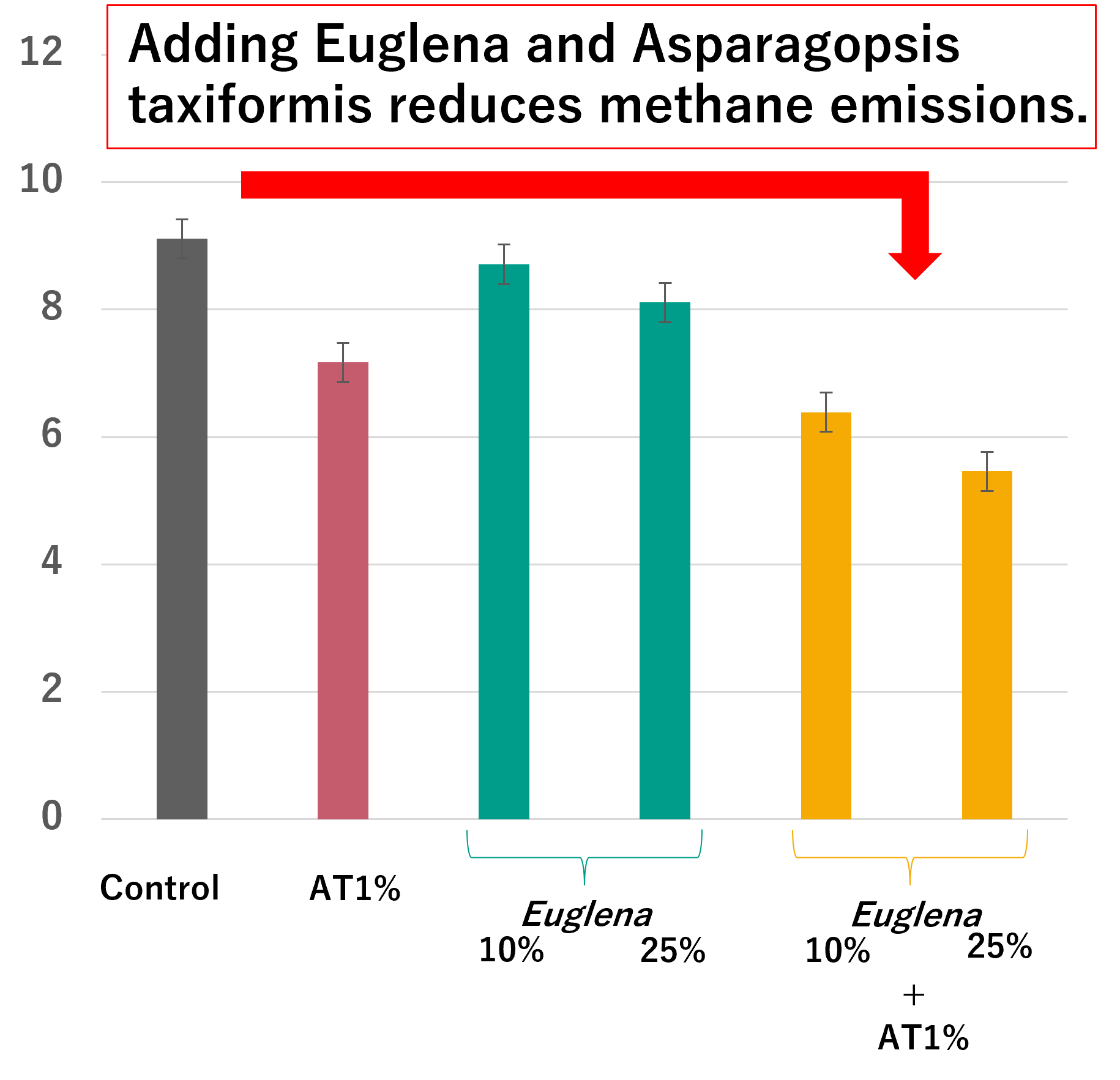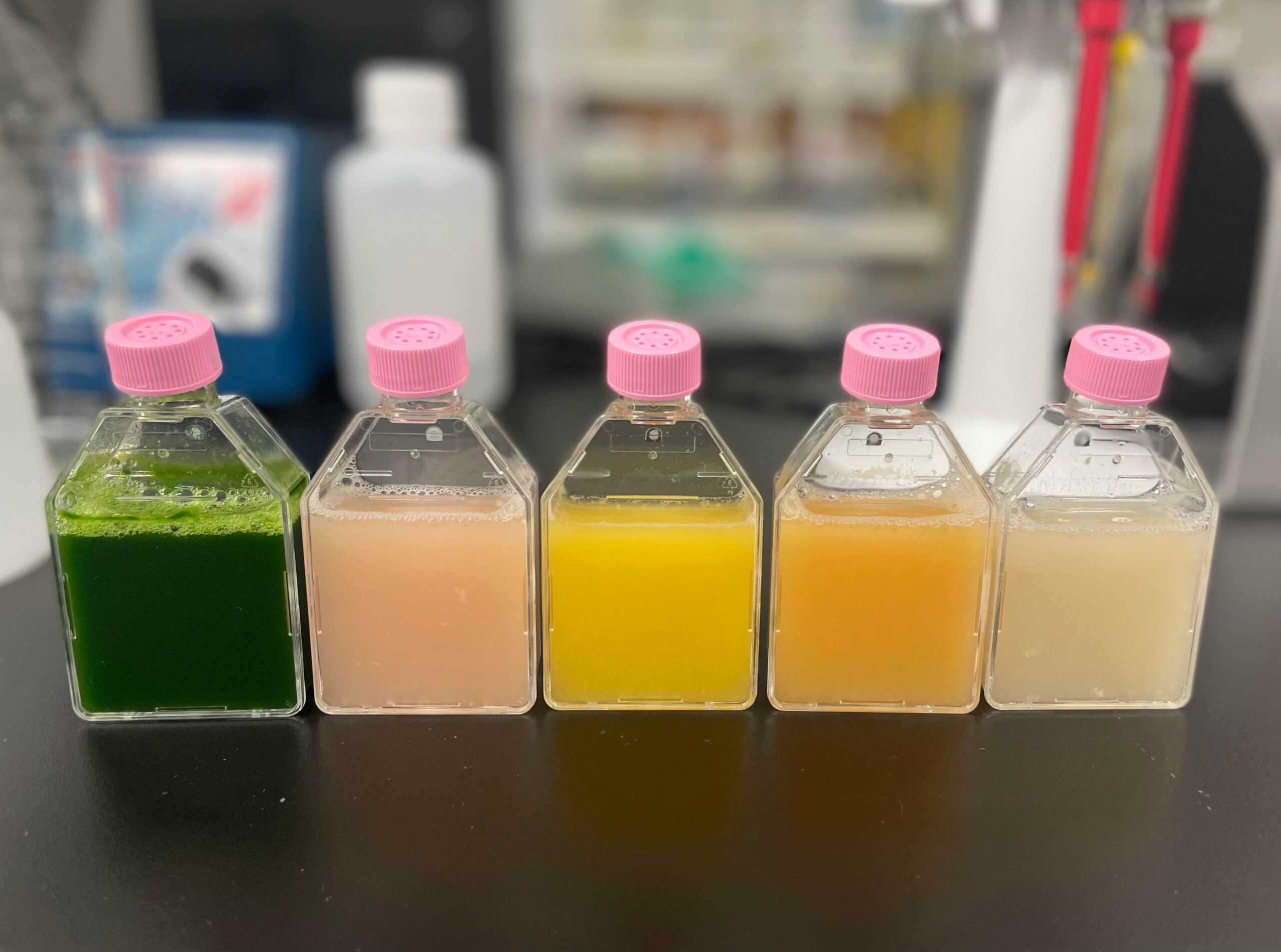Ethanol Addition During Euglena Cultivation Reveals Enhanced Productivity of Biomass and Valuable Substances, as well as Improved Cell Recovery Efficiency.
Euglena cultivation with the addition of ethanol was found to contribute to increased productivity of biomass and valuable substances, as well as improved cell recovery efficiency, according to a joint study by Euglena Co., Meiji University, and the Microalgae Production Control Technology Laboratory at the RIKEN institute. The research results were published in the international journal “Applied Microbiology and Biotechnology” on March 21, 2023. ■The key points of the study are as follows Euglena has been considered for industrial applications due to its ability to produce various valuable substances. However, the



